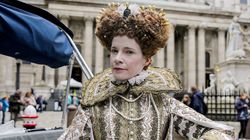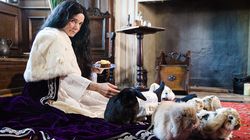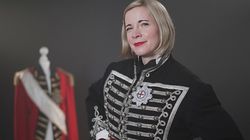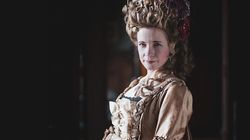Reformation
Episode: 1x01 | Airdate: Feb 18, 2020
Lucy Worsley discovers how the history of the English Reformation has been manipulated and mythologised by generations of politicians and writers. It's usually portrayed as a lusty royal soap opera. But Lucy reveals that it was about far more than just a randy king in pursuit of a younger wife and a long-awaited male heir.
Henry's divorce from Catherine of Aragon, a Catholic, created a religious and political schism between England and Europe that can be still be felt in Britain today. It also laid the foundations for our modern constitution and economic power as an empire.
But this fundamental shift in our cultural, political, and economic fortunes wasn't driven by Henry VIII's Protestant zeal. Lucy begins by demolishing one of the founding myths about the English Reformation: far from being a ready ally of Martin Luther's Protestant revolution, Henry remained a Catholic to his death. It was his wife Anne Boleyn and his fixer Thomas Cromwell who championed the Protestant cause.








